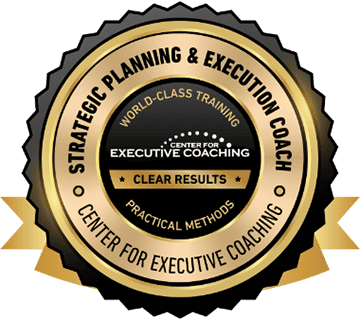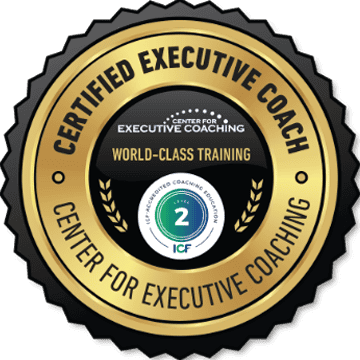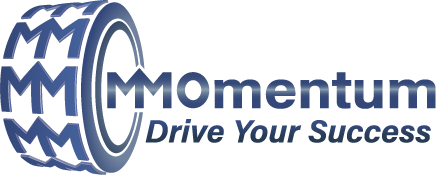Strategic Planning & Execution Benefits and Potential Areas of Exploration:
- Identify the top organizational priorities and create alignment around them.
- Create rubrics/processes to prevent getting trapped in analysis paralysis.
- Clarify your current strengths/limitations to ensure success at every step.
- Encourage collaboration to uncover hidden pitfalls and best path to success.
- Translate and spread the plan and expectations throughout the organization.
- Drive accountability throughout the process to achieve every milestone.
- Be the beacon to sustain the organization’s commitment during execution.
- Evaluate new, relevant information and alter course (or not) accordingly.
Introduction:

Strategic Planning
Examples of Strategic Initiatives:
Business has never been more fluid, and the need to adapt has never been greater. With a motivated and committed leadership team following the right process, developing an effective and actionable strategy need not be as complex or exhausting as imagined. The secret to doing so rests on two assumptions that hold true in many strategy planning exercises.
First, your team and organization already have the necessary information, institutional knowledge, and domain experience to move forward. My process reduces the need for excessive research by drawing on your team’s existing wealth of knowledge and experience. In doing so, we can prevent the analysis paralysis that sometimes derails strategic planning while keeping the process forward-focused and flexible. When knowledge gaps or blind spots exist, such as entering new markets, we will apply structured rubrics and processes to ensure that any necessary research is carefully scoped and time-bound. This approach ensures the research supports decision-making effectively while keeping the process on track to meet deadlines and milestones.
Second, the goal of covering topics such as mission, vision, and values, as well as competition, customer needs, and emerging trends/threats is to ensure the executive team is aligned from the start. This focused scope aims to review your team’s alignment on key elements without unnecessary deep dives into what is already known. However, if recent changes such as a management turnover, an impending threat, a failing culture, or brand shifts demand it, we’ll explore these topics more thoroughly to ensure participants are aligned at the start to pave the way for an efficient outcome.
This approach is anchored in my belief that information, plans and decisions have a short shelf life, and that the perfect strategy executed too late is no strategy at all. With facilitation and coaching, we can move efficiently from high-level problem and goal statements to alignment around the finalized strategy, sometimes in as little as a few months … assuming your team collaborates and communicates effectively. Should that not be the case, please review my Team Coaching & Facilitation services or get in touch with me to discuss potential options.
While the details will change based on the type of strategy to be developed, here is the basic process:
Phase 1: Establish the Baseline and Initial Insights
(Interviews: 45-min to 1-hour per Participant)
Phase 2: Share and Discuss Insights
(First Facilitated Team Meeting: 2 Days)
Phase 3: Identify the Top-3 Mission Critical Priorities
(Second Facilitated Team Meeting: 1 Day)
Phase 4: Prepare for Action
(Final Facilitated Team Meeting: 1 Day)
Phase 5: Execution Support (Optional)
Developing a strategy is only the beginning. To ensure your newly created strategy is implemented successfully, I offer separate facilitation and coaching services during the execution phase.
Support is also available to organizations with a finalized strategy but requiring assistance in its execution. This service is especially useful for organizations whose executive teams struggle with communication and collaboration and require ongoing coaching and facilitation.
Are ready to define your strategy, or need assistance navigating the challenges of execution? Then, contact me to explore how we can tailor this process to your organization’s unique needs.
Your first step takes just 20 minutes.
Details and Proposed Process:
Typical Engagement: 6-9 Months
- We choose to work together, allowing a great fit to yield great results.
- Every aspect of our engagement remains strictly confidential.
- I move at your pace and will partner with you to accomplish some, all, or even more than your original objectives.
- My coaching focuses on context only, such as addressing behaviors or ideas that hold you back, and creating a positive, forward-looking attitude. Content development is left to the client, though I am always happy to provide coaching and guidance to ease the process.
- Please review my engagement process. Should you have any questions, let’s discuss them during our introductory call.
- During a follow-up call, we will finalize the terms, development goals, and desired outcomes before signing the contract.
- Sessions are 1-hour long and held on the same weekday and time. Typical engagements are set to meet once per week for the first half and then once per month for the second half. The meeting schedule is customizable.
- Sessions are conducted using teleconference applications, such as Zoom.

My Qualifications:

- Certified Strategic Planning & Execution Coach: Center for Executive Coaching – Sept. 2024

- I am a certified executive coach with additional specialties through the Center for Executive Coaching. My credentials and added certifications are available on the Education and Certifications page.
- My business, engineering, and scientific background information is available on LinkedIn.
